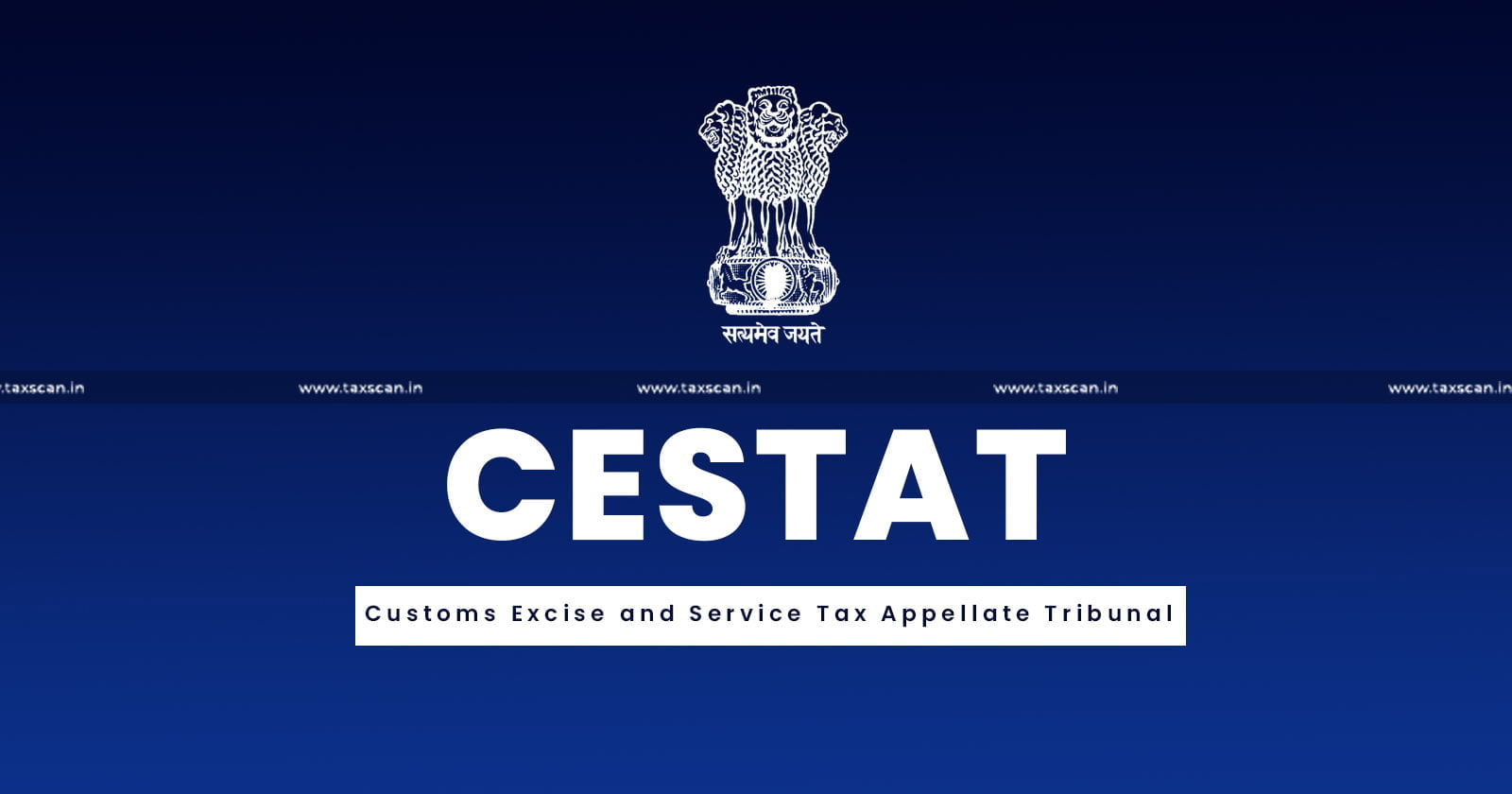Assessable Value of Excise Duty of Final products Leaving Factory of Job Worker would be the Cost of Raw Materials and Processing Charges on Manufacture of Insulated Copper conductors : CESTAT [Read Order]

Excise Duty – Final products Leaving Factory – Job Worker – Cost – Raw Materials – Processing Charges – Manufacture -Insulated Copper conductors-CESTAT-TAXSCAN
Excise Duty – Final products Leaving Factory – Job Worker – Cost – Raw Materials – Processing Charges – Manufacture -Insulated Copper conductors-CESTAT-TAXSCAN
The Bangalore bench of the Customs, Excise and Service Tax Appellate Tribunal (CESTAT) held that the assessable value of excise duty of final products leaving the factory of job workers would be the cost of raw material and processing charges on the manufacture of insulated copper conductors.
Cosmos Conductors Pvt Ltd, the appellant assessee was engaged in the manufacture of insulated copper conductors falling under the Central Excise Tariff Act, of 1985. Also, they undertake the manufacture of goods on a work basis and carried out the manufacture of goods on a job work basis on inputs supplied by the principal manufacturers.
The assessee appealed against the order passed by the Commissioner (Appeals) for confirming the recovery of the differential duty of Rs.20,02,796/- for the period from 01.04.2007 to 08.09.2008 with interest and proposal for penalty.
M.S. Nagaraj, the counsel for the assessee contended that the assessee had not manufactured the insulated copper conductors for and on behalf of the customers and they were using their power, and labor and also purchased other inputs and used them for the manufacture of the final products, which were cleared against excise invoices after payment of excise duty to the principal manufacturers. Therefore, Rule 8 of the Central Excise Valuation Rules, 2000 is not applicable.
Also submitted that the assessable value of the insulated copper conductors was correctly determined by the assessee taking into consideration the value of all raw materials used plus processing charges.
Dyamappa Airani, the counsel for the department relied on the decisions made by the lower authorities and contended that since principal manufacturers consumed the goods captively, therefore, Rule 8 of the Central Excise Valuation Rules was applicable in this case.
The Bench observed that in the case of Pune vs Mahindra Ugine Steel Co Ltd, the court held that Rule 8 of Central Excise Valuation Rules was not applicable in the case of the assessee and it was Rule 11 of the Central Excise Valuation Rule only which becomes applicable as that was the residuary provision for arriving at the value of any excisable goods which are not determined under any other rule.
The two-member bench comprising D M Misra (Judicial) and Pullela Nageswara Rao (Technical) quashed the excise duty demand against the assessee while allowing the appeal filed by the assessee.
To Read the full text of the Order CLICK HERE
Support our journalism by subscribing to Taxscan premium. Follow us on Telegram for quick updates


